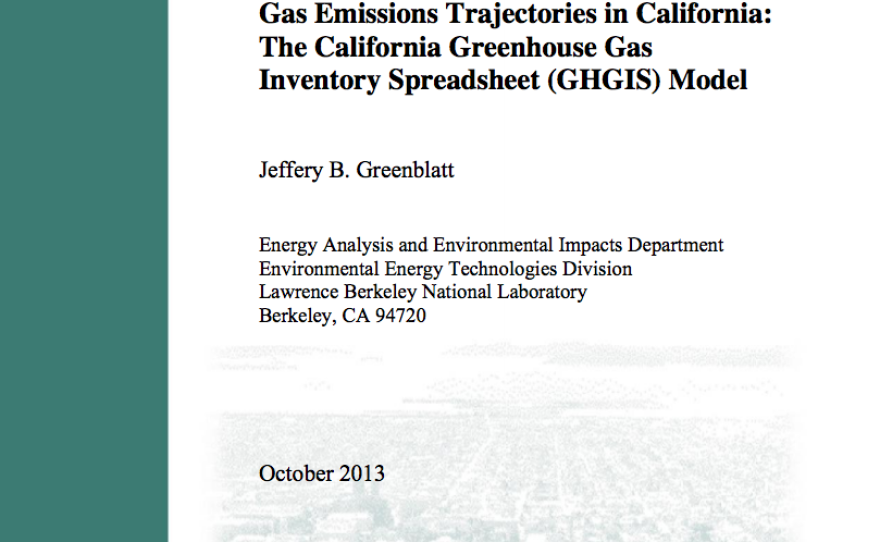There is good news and bad news in a new study about California's efforts to mitigate climate change.
The report finds the state is looking good to meet emission reductions by 2020 but at the current rate, it will not reach the overall goal of reducing emissions to 80 percent of 1990 levels by 2050, unless there are major changes in policy.
The reasons why and how California may step its game on greenhouse gas reduction are just two of the topics expected to come up at a meeting this week at the University of San Diego. It's the school's Fifth Annual Climate and Energy Law Symposium.
The study by Lawrence Berkeley National Laboratory offers various projections showing reductions until about 2030. Berkeley Lab's staff scientist Jeffrey Greenblatt said the emissions will go back up without stronger measures.
"Without continuing to push those numbers to higher levels, we don't get the continued reduction in greenhouse gas emissions that we're going to need to reach an 80 percent reduction target by 2050," Greenblatt said.
Dave Clegern with the California Air Resources Board said the report offers a clear warning, but there's plenty of time to make policy corrections.
"Building programs and putting them in place in concrete now for that purpose would really not achieve much," Clegern said.
The report recommends the state adopt developing technologies as they mature and that it become more aggressive in developing efficiency and alternative energy standards.







